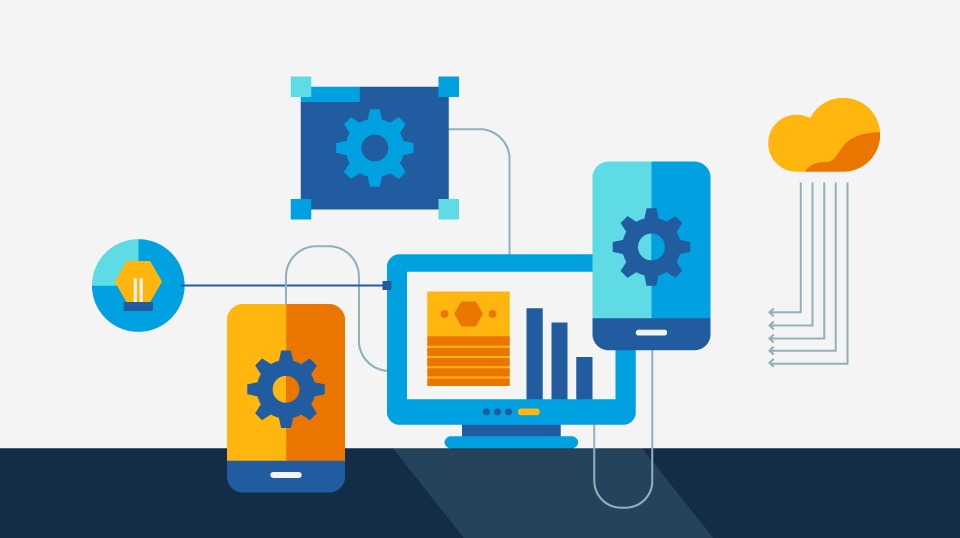Benefit From Creating a CRM Database
1. A centralized database for sales teams
One of the biggest benefits that companies can expect from using a CRM database is a centralized database for their sales
organization. By eliminating the need for individual sales reps to do the tedious work required in maintaining their
databases, CRM automates the process and makes it easy for anyone in the company to get the latest information from the CRM
dashboard.
2. One place for all customer communications
CRM also makes it simple to manage communications with all customers and potential customers in one place. Companies
that use CRM can see the company's entire history communicating with each customer with the click of a button.
The CRM database also makes relationship management simple, with the ability to set reminders and assign agents to
keep deals moving, while providing managers the transparency to make sure leads are being followed up on
3. Automated data entry
Automating data entry is another benefit for companies that implement a CRM solution. Reps and agents don't need to
update information about their calls or emails with clients into a different system. Everything is logged
automatically in the CRM solution, freeing up employees to do higher-value work to close deals and solve customer problems
4. Organized company contacts
CRM benefits also include powerful ways to organize all of a company's contacts. The CRM makes it easy to see
whether the customer has visited a website, contacted support, requested a demo, as well as notes from agents
who handled previous interactions. The CRM also makes all of this data searchable, no matter where a customer
is in the pipeline.
5. Streamlined communications
Companies that use CRM also benefit from the ability to streamline communications across many
disparate teams. Since everyone is working in the same CRM dashboard, whether they're in sales,
service, support, or management, it's easy to assign work, track progress, and collaborate with
teammates to solve customer problems, keep deals moving, and discover new opportunities.
6. Stability
Another benefit of CRM for growing companies is the ability to keep the same software as
the business grows. Companies can add features and functionality not just as customer
expectations and needs change but as business software evolves, whether that's new
shipping software, social media outlets, or accounting tools.
